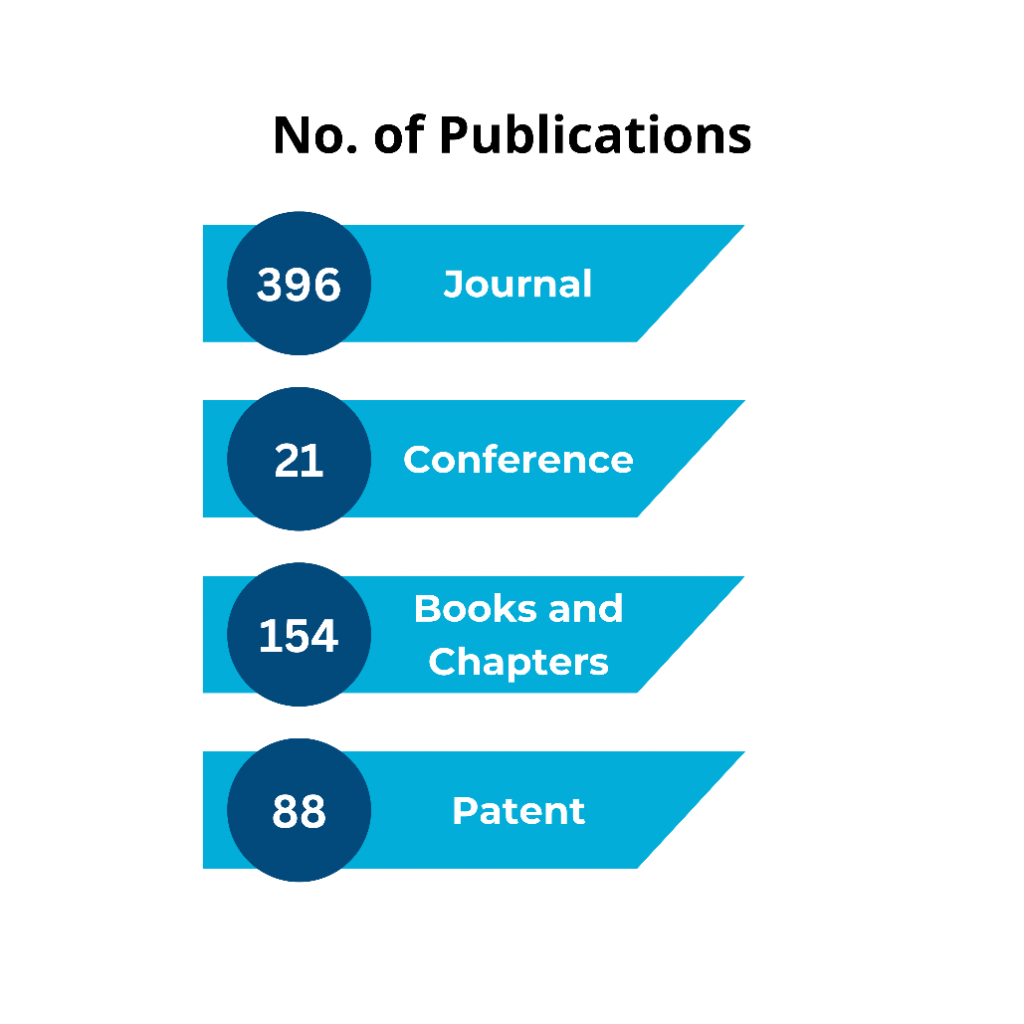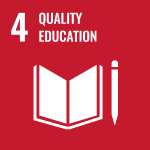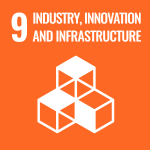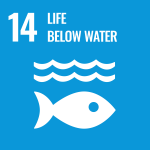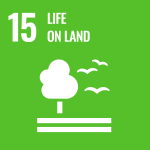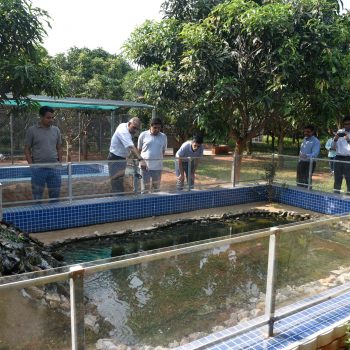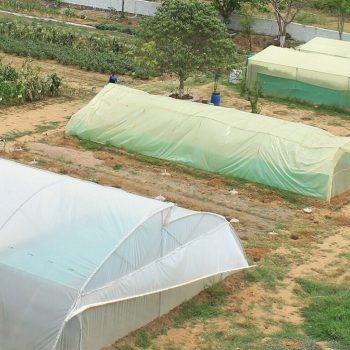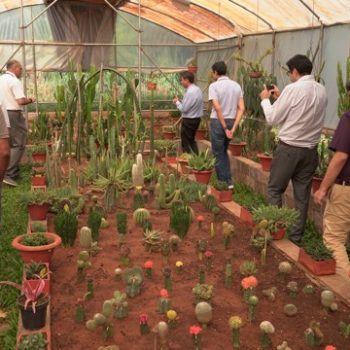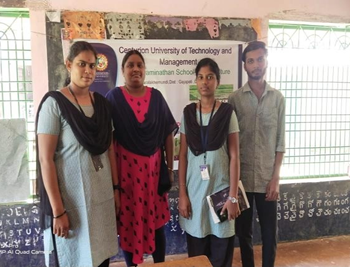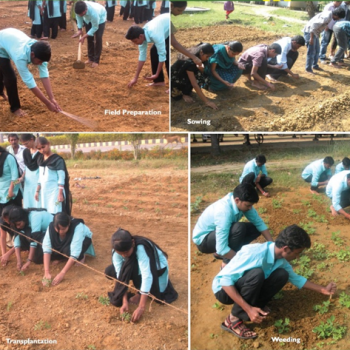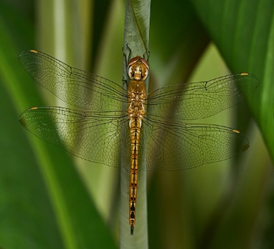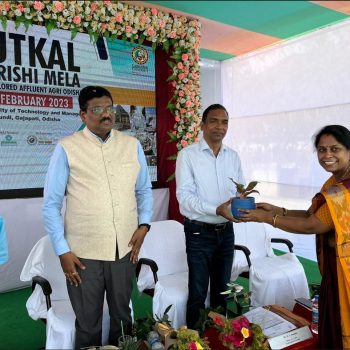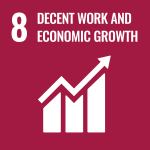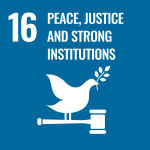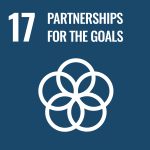About Research in CARES
Centurion University is at the forefront of research, contributing significantly to the achievement of several Sustainable Development Goals (SDGs). Its dedication to research is pivotal in advancing SDG 4 (Quality Education), SDG 9 (Industry, Innovation, and Infrastructure), SDG 14 (Life Below Water), and SDG 15 (Life on Land).
1. SDG 4: Quality Education
Research conducted by universities plays a central role in enhancing the quality of education. By developing innovative teaching methods, curricula, and educational technologies, Centurion University empowers educators and learners alike. One of its endeavors is called the Community Action Learning Program wherein students reach out to the community and solve their day-to-day technical problems. For example, repairing electrical appliances, and conducting awareness drives, these actions inculcate a spirit of scientific temper and confidence among students.
2. SDG 9: Industry, Innovation, and Infrastructure
Centurion University is a hotbed of innovation and research, driving progress in various sectors. Its commitment to SDG 9 is evident in its contributions to technological advancements, sustainable infrastructure development, and the fostering of entrepreneurship. A signal system was developed to prevent elephant collisions with trains, insulin pumps, drone-assisted insecticide, and pesticide spraying are some examples of outcome of action-based research.
3. SDG 14: Life Below Water
Research in marine and aquatic sciences is an integral part of universities’ commitment to sustainability. By exploring the complexities of marine ecosystems, Centurion University aids in the conservation and sustainable management of aquatic life, aligning with the objectives of SDG 14. The University has its own pond ecosystem spread across 12 acres which serves as a ripe bed for innovation and research in pearl culture, pisciculture, and rearing other aquatic animals.
4. SDG 15: Life on Land
The commitment to SDG 15 involves Centurion University in conducting research on terrestrial ecosystems and biodiversity conservation. It plays a crucial role in understanding the impact of human activities on land-based environments and species. The University has constructed a Bee-Butterfly and Cactus Garden which serves as a hotbed of research for students to study terrestrial ecosystems. It is the outcome of action-based research wherein semi-degraded land from illegal mining activity has been transformed into a thriving garden.
In conclusion, universities’ dedication to research spans a spectrum of critical areas related to SDGs 4, 9, 14, and 15. Their contributions to quality education, innovation, sustainable infrastructure, and the protection of life below water and on land exemplify their vital role in advancing the global sustainability agenda.
